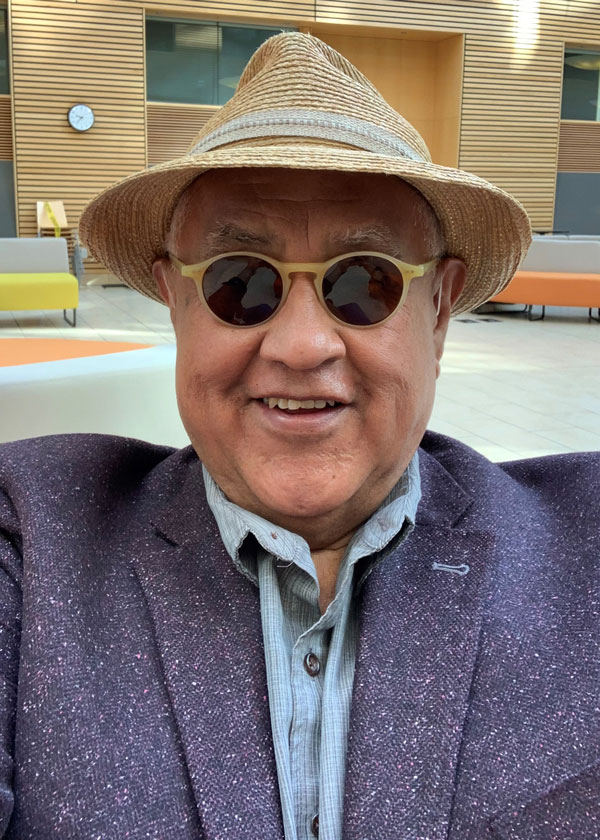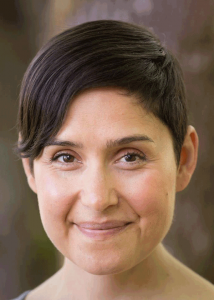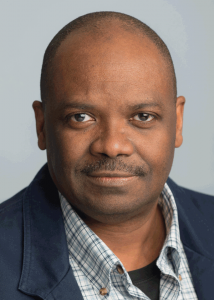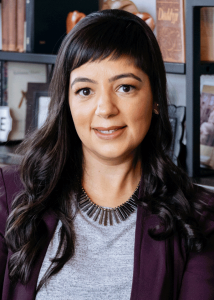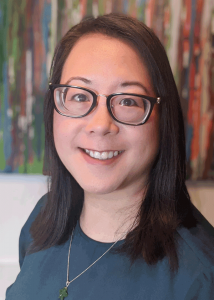Watch our inaugural virtual symposium on anti-racism
 Wednesday, May 25, 2022
Wednesday, May 25, 2022
 8:30 am – 1:00 pm
8:30 am – 1:00 pm
This symposium will explore how racist ideology led to the categorization of people into “races” and how centuries of medical knowledge, health care, research and health professions education have perpetuated systemic racism.
We will examine beneficiaries of racism and discrimination to understand how and why racist systems and structures are sustained. Finally, we will identify Anti-Racism strategies and pedagogies aimed to dismantle racist structures and support re-engagement in a more equitable future.
Intended Outcomes
This event will:
- Inspire us to be brave in talking about racism within health care.
- Honor the power of the experiential knowledge of Indigenous, Black and People of Color.
- Enable participants to engage with different anti-racist pedagogies and strategies.
- Create opportunities for wider dialogue across the Faculty of Medicine and beyond.
Agenda
8:30 am – Welcome and Introductions
8:45 am – Opening by Mr. Shane Pointe
9:15 am – Presentation by Dr. Behn Smith with Q&A
During this presentation, Dr. Smith will describe her understanding of the roots of wellness and the ways in which structural white supremacy and racism deprive and erode the wellness of Indigenous peoples. Dr. Smith will also describe their efforts within BC’s Office of the PHO to:
- unlearn inherited and systemic white supremacist ways of thinking and become meaningfully inclusive of diverse worldviews, perspectives, and approaches and;
- undo inherited systemic white supremacist approaches that are hardwired into structures, policies, practices, norms, and values within the OPHO (and the whole health system.
10:00 am – Break
10:05 am – Presentation by Dr. Handel Wright with Q&A
Following the final straw of the police murder of George Floyd in Minneapolis in 2020, there has been a surge in community activism and institutional steps to address racism against Black people, including Canadian university task forces on anti-Black racism.
President Ono decided on a task force that would address racism in general, and as a result, The President’s Task Force on Anti-Racism and Inclusive Excellence (ARIE TF) has emerged as an integral part of UBC’s efforts at naming and addressing institutional racism, UBC Anti-Racism.
In this presentation, Dr. Wright addresses the pros and cons of UBC’s anti-racism strategies in general and the corollary, ultimate goal of inclusive excellence. What and how are we doing when it comes to addressing societal racism (against Indigenous, Black and People of Colour) in general and the often insidious forms that racism takes in academic settings in particular? What are some of the characteristics, findings and recommendations of the ARIE TF? Why insist on “integrative anti-racism?” How do we (re)conceptualize “inclusive excellence” as decidedly critical? What does any of this have to do with Medicine? In short, how and what is UBC doing in the effort to become an equitable, fully representative, socially just and critically inclusive institution?
10:50 am – Break
10:55 am – Presentation by Dr. Saroo Sharda with Q&A
Dr. Sharda's presentation explores the concept of bias and implicit bias. It challenges the notion that physicians are 'neutral' and 'objective.' She will provide definitions of bias, racism and colonialism and explain how power (personal and social) is needed to create and maintain systems of oppression. She will delineate systems vs interpersonal discrimination and how they feed into each other. Dr. Sharda will speak about intent vs impact (and harm) and provide examples from the healthcare context about how this harm can manifest to patients, physicians, and learners. She will introduce the ideas of privilege and oppression via the Coin Model of Privilege. Dr. Sharda's presentation offers an approach for students, doctors and medical professionals to start their journey of learning and unlearning - drawing on the concepts of Miller's Pyramid, narrative humility and critical allyship.
11:45 am – Presentation by Dr. Amy Tan with Q&A
In her presentation, Dr. Tan will use examples from her palliative care and family medicine practice to describe how the practice of medicine is rooted in the Western (Euro-ethnocentric) perspectives of health, death and dying. Her presentation will shed light on how trauma-informed care and the undoing of epistemic injustices in practice can inform an anti-racist approach in healthcare for racially-diverse patients. She will discuss approaches that can inform the work of racialized clinicians and their colleagues as they react effectively —and in the moment— to disarm racist harm, which is a human rights violation in the workplace. She will also discuss how to debrief and create sustained support for BIPOC clinicians.
12:30 pm – Panel Conversation moderated by Dr. Neila Miled, Dr. Maria Hubinette and Derek Thompson
12:50 pm – Closing by Mr. Shane Pointe
Speakers
Professor, Department of Educational Studies
Senior Advisor to the UBC President on Anti-Racism & Inclusive Excellence
The University of British Columbia
Assistant Clinical Professor, Department of Anesthesia, McMaster University
Medical Advisor & Diversity, Equity, Inclusion Lead
College of Physicians and Surgeons of Ontario
Clinical Associate Professor &
Anti-Racism Support Program Faculty Mentor
Department of Family Practice, Faculty of Medicine
The University of British Columbia
